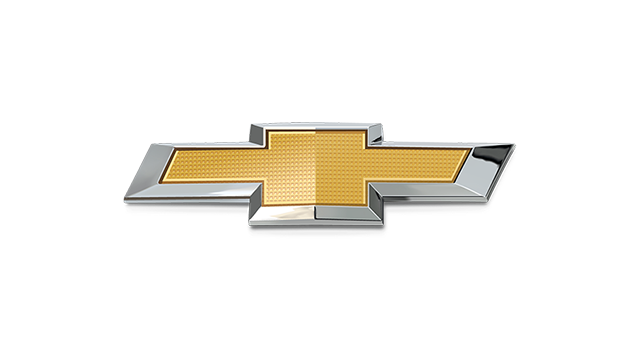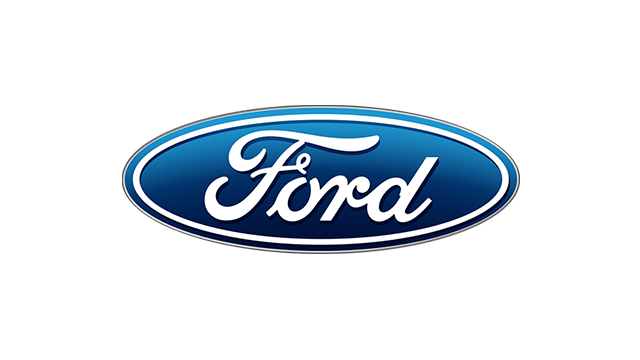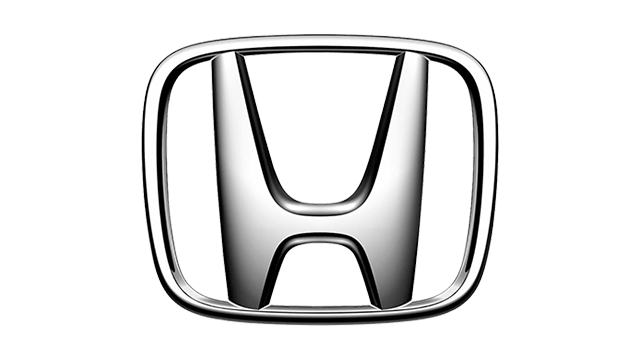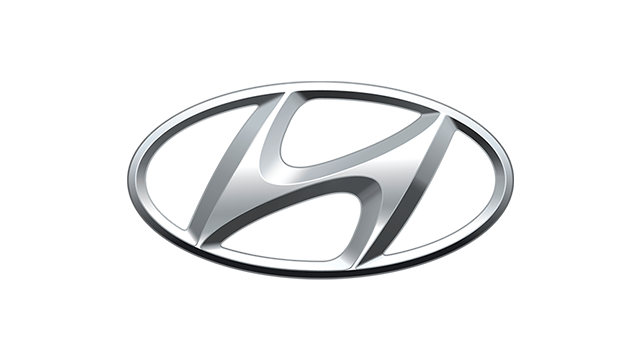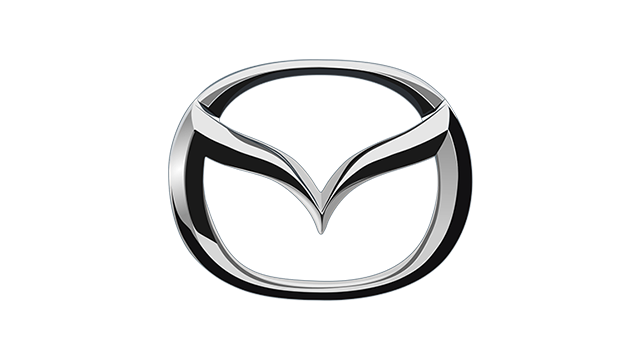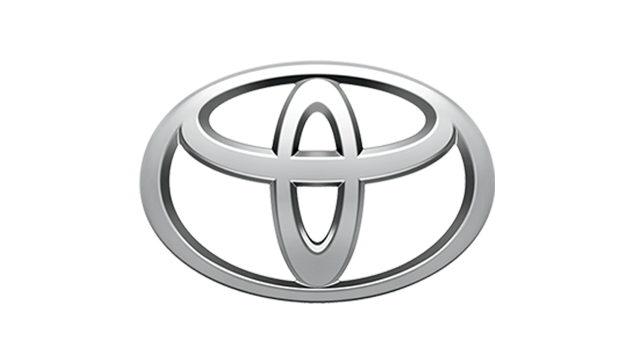Hi, Ferman. I stumbled upon your column when I was searching for a reliable source on cars. And it seems like I found it! I'm planning to buy a Toyota Innova, but I can't decide on whether to get a gas or diesel variant. Will it be feasible to install autogas on a new vehicle? Will doing so void the warranty?
Thank you for your advice.
Robinson Lim
Hi, Robinson. Thank you for the compliment.
I would advise that you go to your dealership and test-drive both variants on your regular driving route if possible. That should help you decide which variant to choose. That said, if you drive both vehicles properly, the diesel variant should be able to give you better fuel economy in the rigors of the urban driving environment with its numerous stop-and-go conditions. On the highway, the diesel variant will more likely give you a similar mileage, particularly if you are able to keep the engine rpm around or below 2,000rpm when you're cruising.
Nowadays, there aren't too many issues with converting your petrol-powered vehicle to dual fuel, running both autogas and petrol. Systems such as Tartarini offer a high enough resolution 3D tuning map, which can fine-tune the autogas injection cycles to a degree at which there's not much difference in power between running it on autogas and running it on petrol.
The price difference between a diesel Innova and petrol Innova with an autogas kit isn't as big as it used to be many years ago. Optimizing the tune of the engine to run autogas actually allows the engine to make more power on LPG than on petrol. But it will require additional electronics--on top of whatever comes with the LPG conversion kit--to do so.
On the reliability front, the modern LPG retrofit kits have become reliable enough. In general, the issues are not with the hardware themselves, but more with installation, wherein the installer may or may not have done due diligence on the work.
Maintenance-wise, having an LPG kit on your car doesn't significantly increase maintenance cost as there isn't much fault in it. A periodic check for leaks and replacement of supply hoses, and perhaps clamps and connectors, is a good idea, though.
In the warranty aspect, I know some Toyota dealerships will still honor the warranty if it is a dealership-installed modification, while some will not. It is best to check with your dealer on that one and remember to get it in writing.
Sir Ferman, I have a couple of questions on diesel fuel treatment:
* Is it okay to use diesel fuel treatment?
* What are the benefits of using it?
* Will it not a harm any part of the engine, fuel system or other parts?
* How often should I use diesel fuel treatment?
* What is its proper application?
By the way, my pickup's mileage reading is 103,000km. Thank you very much!
Rebecca Mariano
Hi, Rebecca. A number of diesel fuel treatments are available, with each one having its claim of benefits and whatnot. For car owners, this can be quite confusing, making it difficult to decide on which one to buy.
In general, fuel additives are supposed to improve the fuel quality in terms of octane (for petrol) and cetane (for diesel) apart from introducing fuel system component cleansing agents to the "raw" fuels.
For diesel fuel additives, one of the aims is to increase the lubricity of the fuel to reduce the wear and tear brought about by the reduced sulfur content in diesel fuel, as required by modern strict emissions regulations. Now, I don't recall the amount of sulfur in the diesel fuels currently available at our pumps, but low sulfur diesel fuel standards specify that the sulfur content be less than 500 parts per million (ppm), while ultra low sulfur diesel (ULSD) fuel requires it to be less than 15ppm. Low sulfur diesel fuel's sulfur volume is considered to be enough to lubricate the engine's moving parts, while ULSD fuel does not.
In any case, diesel fuel and similar fluids are usually tested for lubricity with a device called High Frequency Reciprocity Rig (HFRR). It's an internationally accepted standard for measuring the lubricating properties of fluids. The generally accepted norm is that lower wear number is better, with a 520 micron wear scar being the US standard for diesel fuel. The less wear on the fuel system's components, the better it is for your pocket, too.
Now, given this case, it would be beneficial to use the right kind of diesel fuel additive that addresses the issues with your engine when used with whatever diesel fuel. Following that, the frequency of usage should be every time you fill up the tank.
Unfortunately, with many kinds of diesel fuels available, diesel fuel treatment manufacturers can't publish specific HFRR data for their products. And finding out which one is appropriate for your engine may be a challenge. You'll also need to be aware that not all products work as claimed, and there is always the risk that the fuel's performance may be worse with some additives.
Best regards,
Ferman Lao
Technical Editor
Do car problems keep you awake at night? Send questions to topgear@summitmedia.com.ph.


